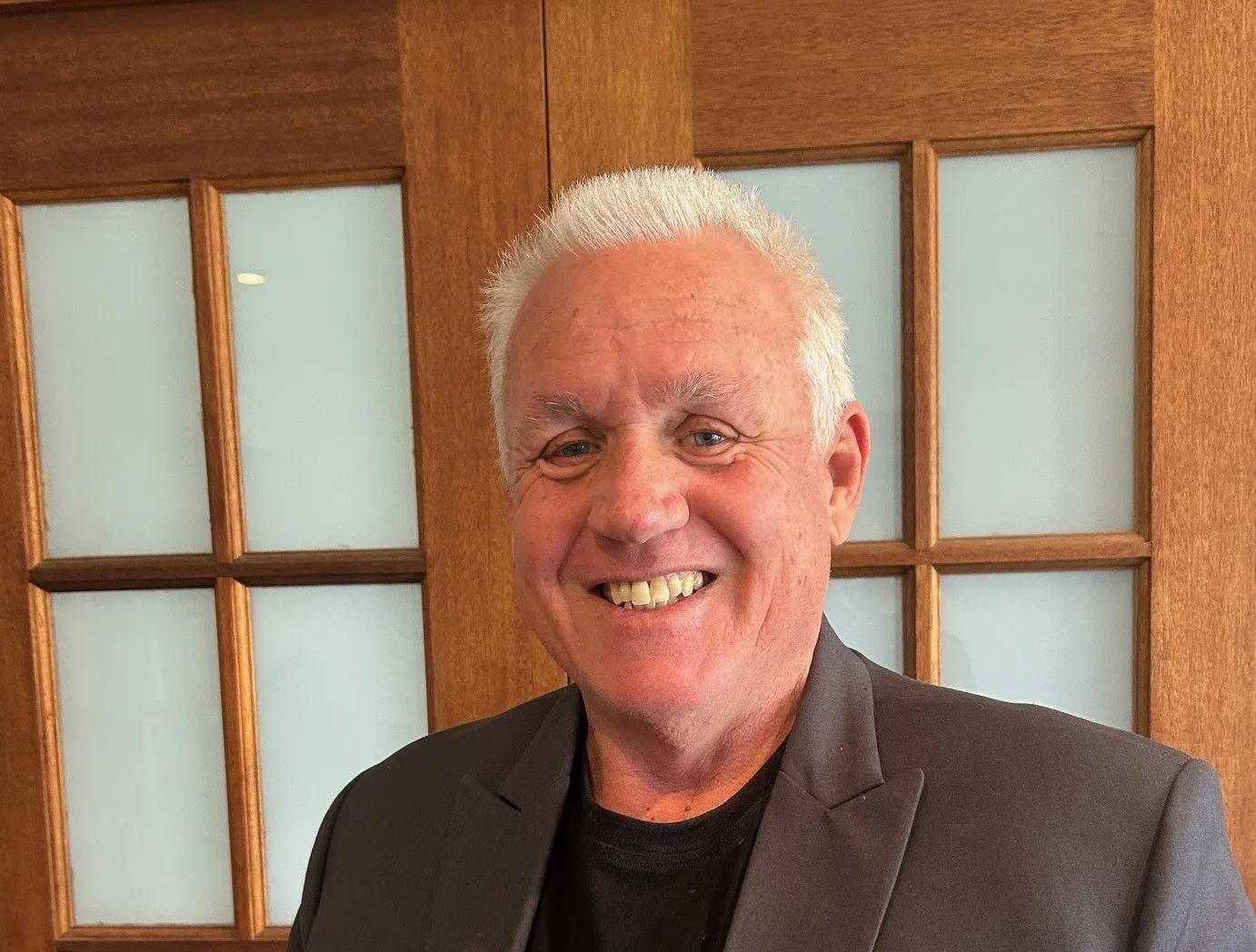
The growing team includes Telstra, the Western Australian Road Transport Association with support from the Western Australian government.
The Australian freight trucking sector is a key component of the Australian economy, transporting 2 billion tons of goods over 17 billion kilometers per year while directly generating over 4% of Australia’s GDP. ADVI, a cooperative effort of government, industry, and academia, is exploring the impacts and requirements of vehicle automation with a goal of realising the full economic, social and environmental benefits of the technology in the trucking industry and other transportation sectors.
ADVI sees first generation driver-assistive truck platooning as a promising technology for near-term deployment, and has identified Peloton as a key collaborator in investigating the use of these systems in Australia.
“Australia’s driving conditions and the long distances of our truck routes between urban centres make truck platooning a particularly promising technology to enhance the industry,” said Rita Excell, executive director of the ADVI Centre of Excellence.
“In addition, truck platooning mixed with higher levels of automation, can bring greater safety, efficiency and productivity to fleets operating on Australia’s extensive network of private roads.
We look forward to holding joint discussions involving Peloton and Australian trucking fleets to identify specific opportunities to apply this technology going forward.”
The industry team also includes Telstra, the leading telecommunications company in Australia and a major player delivering solutions to Australian fleets.









